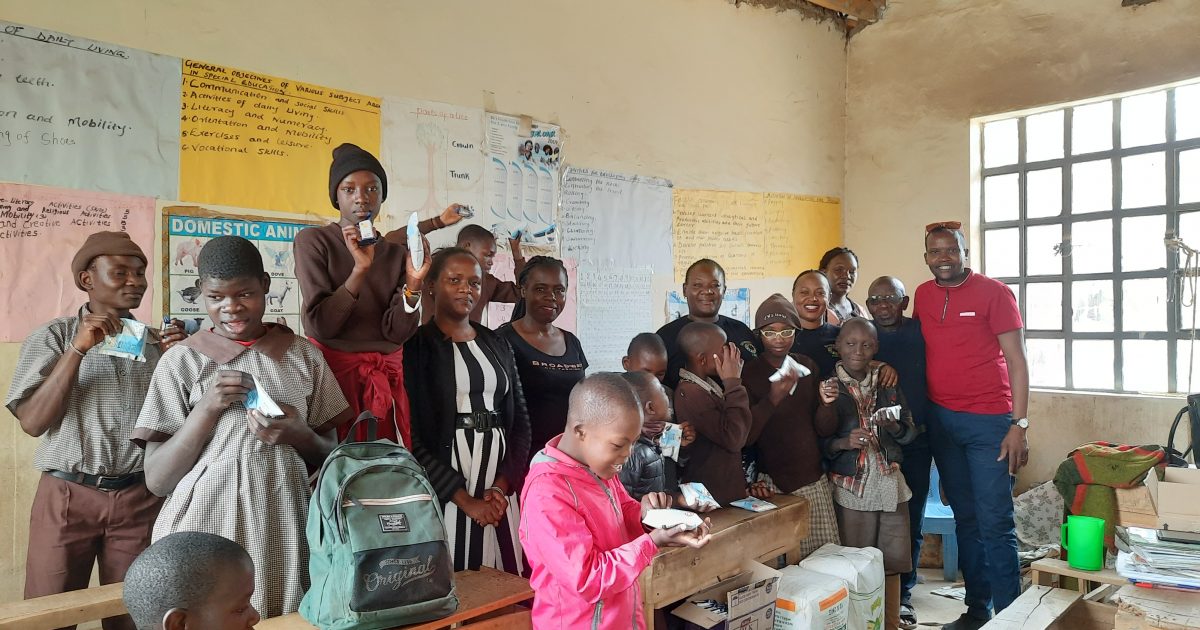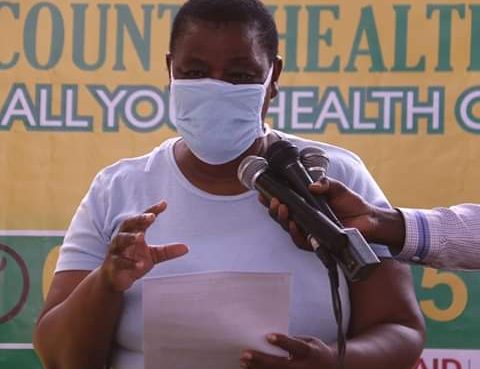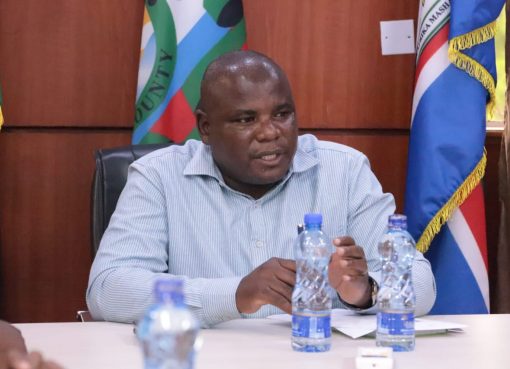Children at the Special Needs Unit at Noonkopir Primary School in Kitengela got some reprieve after some well-wishers visited the facility with a package of goodies and food stuffs.
The goodwill entourage including KiteVision, and Kitengela mum’s Facebook group paid a courtesy call at the school and donated food items to the children.
Anne Shikanda, a well-wisher, stated that the initiative comes in handy as the community struggles with the ravages of drought and tough economic times.
“As individuals, we shouldn’t wait for the government to come and step in every but we should be proactive and offer whatever little we can because we are our brother’s keeper and what we can do right now is stand in for one another and move on together to build a better Kenya,” she said.
A teacher at the facility Mary Murithi appreciated the good gesture but asked others to join suit and play their part in helping out the less fortunate members of the society.
“We are very happy with the donations we have received as it will help the parents of the students. We have noted a low student turn out and this might be attributed to hunger. With them getting a meal, they will be motivated to send their children back to school even though they have special needs,” she said.
Lea Chiko from KiteVision said that helping children with disabilities was one of their corporate goals.
“The high cost of living is a challenge to all of us and we can only imagine how it could be for parents who have children with special needs. We are thankful that we can contribute in a small way,” she added.
Noonkopir Township Primary School is the only public institution in the area offering Special Education Services (SNEs) with 40 enrolled students and 23 who constantly attend classes.
According to the 2019 census, 2.2 percent of Kenyans live with some form of disability. Currently, about 250,000 children with disabilities are enrolled in educational institutions, which is a small percentage compared to the expected population of those with disabilities in the Kenyan population.
By Vivian Mbinya





